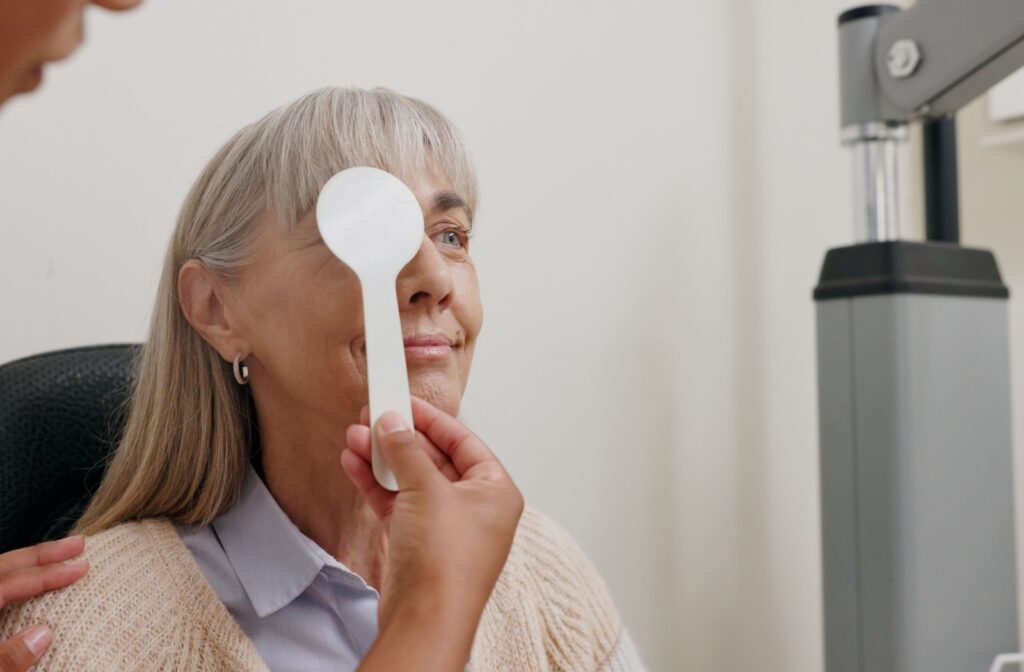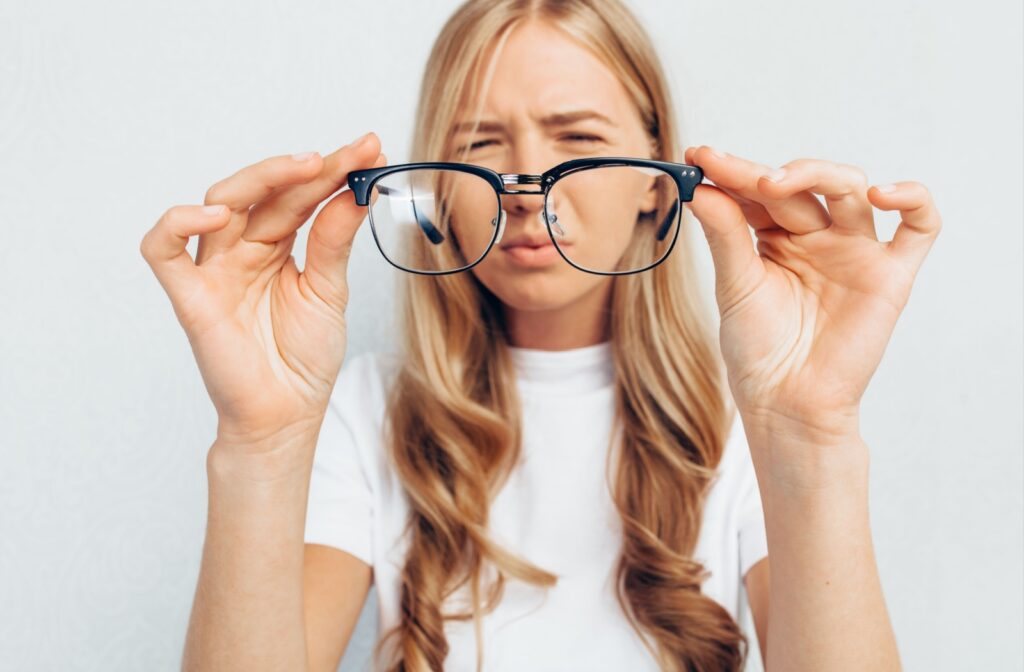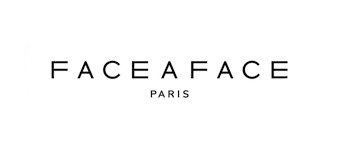The world of healthcare is full of misconceptions, and vision care is no exception. You might be familiar with a few of these myths, like the claim that eating carrots can improve your eyesight (false), or that wearing glasses worsens your vision (also false).
We’re here to set the record straight.
Glasses do not make your vision worse. Rather, they support your vision by preventing your eyes from working harder than they have to.
This myth likely stems from the fact that people increasingly rely on their glasses. Later, if they don’t wear their glasses, they’re more likely to notice how dependent they are on their lenses for good vision.
Scheduling routine eye exams can save you the surprise of big prescription jumps. You’d be surprised just how much your eyes can change within a year or two!
The Science Behind Eyesight
Our eyes are delicate and complex organs, but the science of how we see is simpler than you might think.
Light enters the eye through the cornea, passes through the lens, then is focused onto the retina at the back of your eye. At this point, the retina converts this light into signals that your brain interprets as images.
As with any biological system, things can change. In terms of vision, several factors can affect how well this process works, including changes to the eye’s physical shape (refractive errors) and even factors as natural as aging.
Many people have a refractive error of some degree, which prevents incoming light from focusing properly on the retina, leading to blurry vision. Corrective lenses, like glasses, offer an effective solution by redirecting light to focus on the retina, leaving you with sharp, clear vision.
Fact or Fiction: Do Glasses Make Your Vision Worse?
The truth of the matter is that glasses do not, in any way, make your vision worse.
Some people might feel like their eyesight is “weaker” when they remove their glasses. What’s really happening here is your eyes are simply adjusting back to their uncorrected state. Without the glasses’ correction, blurry vision feels more noticeable, creating an illusion of worsening eyesight.
Here’s how glasses actually support your vision and overall eye health:
- Clearer vision: Glasses refract light directly on the retina, giving you sharp, clear images.
- Reduced eye strain: When your eyes overwork to focus properly, this causes eye strain (and can actually worsen your vision). Glasses relieve this stress on your eyes by correcting your vision.
- Improved overall eye health: Certain glasses, like blue-light-blocking lenses, protect your eyes from digital screens, helping to prevent digital eye strain.
In a nutshell, glasses do the heavy lifting so your eyes don’t have to.

Skipping Your Glasses? Here’s What Could Happen
Even if you have a mild prescription, not wearing your glasses might not seem like a big deal at first. Over time, however, it can have noticeable effects on your vision and overall eye health.
Here’s what to keep in mind:
- Increased eye strain: Without the right correction, your eyes have to work harder to focus, leading to discomfort, headaches, and that constant tired-eye feeling.
- Worsened clarity of vision: Without glasses, you might find it harder to see fine details or experience blurry vision, especially when performing tasks like reading, driving, or using screens.
- Potentially faster progression of certain conditions: If you have myopia, not wearing glasses causes your eyes to strain harder, which could contribute to a worsening prescription over time.
- Reduced quality of life: Your eyes work tirelessly to support you. Without glasses, everyday tasks like recognizing faces, using your phone, or reading important texts can become more challenging and less enjoyable.
We get it, glasses aren’t for everyone.
Thankfully, contact lenses are a wonderful alternative. So, instead of avoiding corrective lenses altogether, if you find that glasses aren’t for you, give contact lenses a try.
A contact lens exam and fitting helps determine which kinds of lenses align with your visual needs, preferences, and lifestyle.
Why Do Prescriptions Change?
It’s normal for your vision to change over time. This isn’t a result of wearing glasses, but rather the consequence of natural changes in your eyes. It’s also one reason why eye doctors constantly emphasize the importance of routine eye exams. You’d be surprised how much your eyes can change in a year!
Common reasons for prescription changes include:
- Age: Growing older means you’re more likely to develop age-related vision concerns, including presbyopia, which can happen around age 40. This occurs when the eye’s natural lens stiffens, making it harder for your eyes to focus on close objects, hence the need for multifocal lenses.
- Natural eye conditions: Refractive errors such as myopia and astigmatism tend to progress over time, especially during childhood and early adulthood. Myopia control therapies during this time can help prevent vision from worsening.
- Lifestyle: Activities such as extensive screen time, reading, or near-focus work can contribute to eye strain. Meanwhile, spending less time outdoors in natural light can contribute to worsening myopia.
On top of that, if it has been a while since your last eye exam, any changes in your vision prescription might seem like a big jump. Staying regular with these visits can help us keep on top of your prescription.
A comprehensive visit offers insight into the overall health of your eyes, addressing potential concerns early, beyond just vision correction.
Support Your Vision
Your glasses are an asset, not an obstacle, to your well-being.
Although glasses are an incredible solution, there are specific instances where they don’t address the underlying cause of vision concerns. A routine eye exam is the way to go.If it’s time for an updated prescription or if you have questions about your current glasses, book an eye exam with Brighton Eyecare today.









